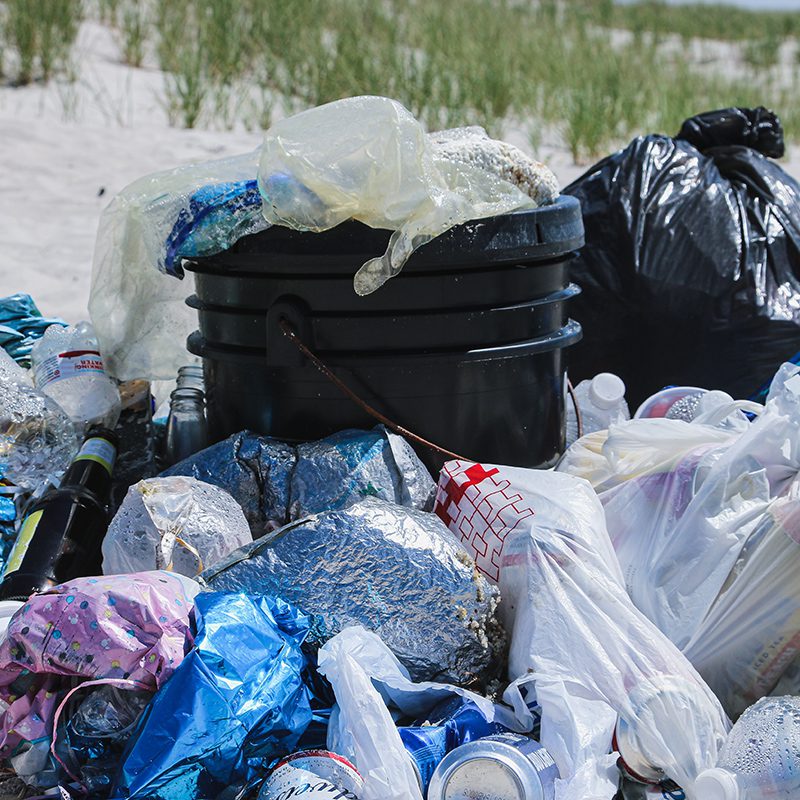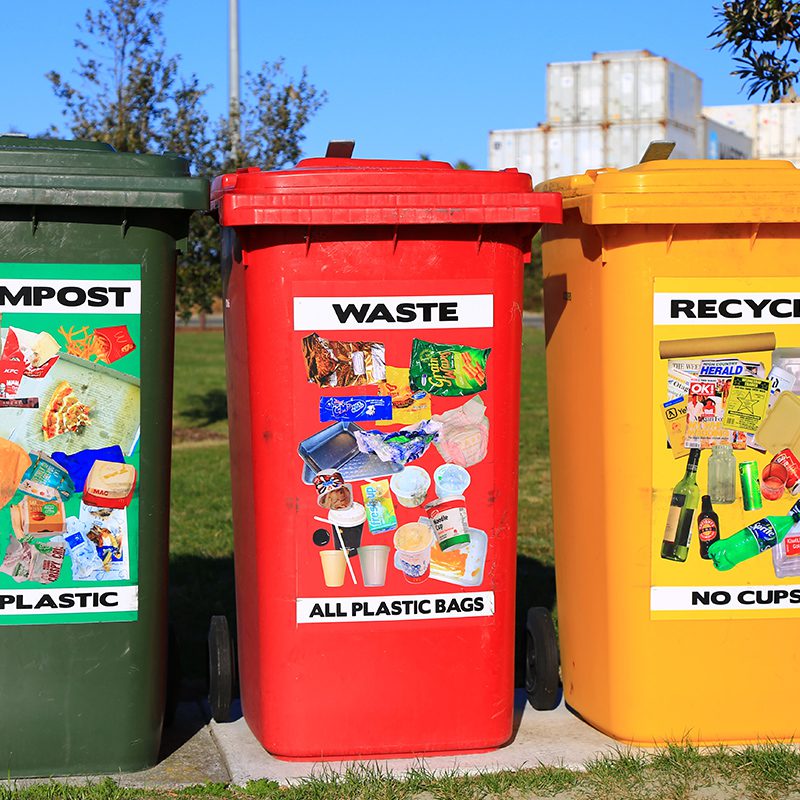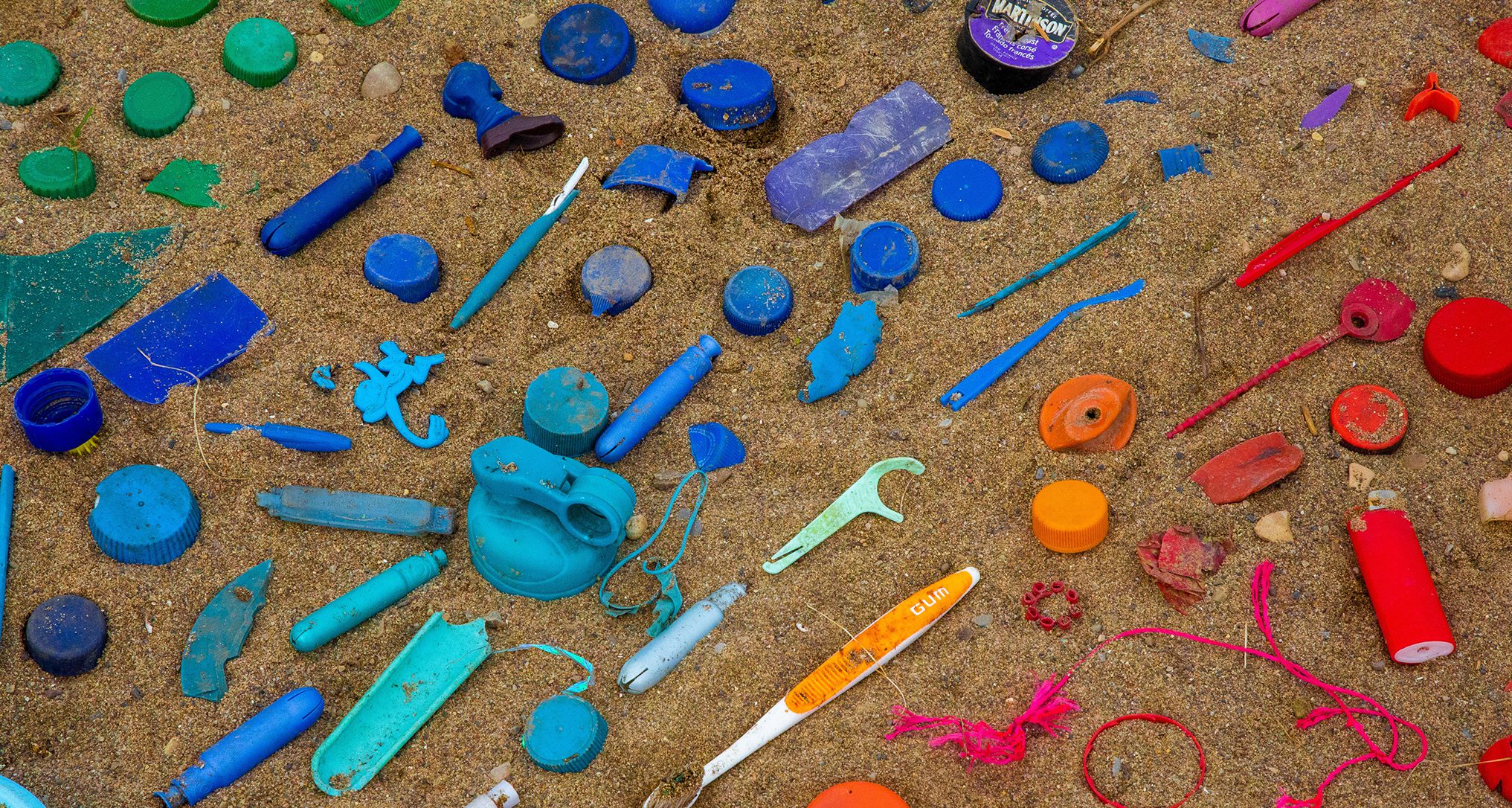Every one of us uses plastic daily in some form or fashion. We have become so dependent on it that it’s become deeply rooted in our lives. According to studies, we are becoming too plastic dependent. Unfortunately, this reliance has negative consequences for the environment and our health, something Bottleless Nation is trying to change.
Now more than ever, we have to start rethinking our dependence on plastic to preserve the environment, marine life, and our planet. So, let’s take a deeper look into this challenge and what you can do about it.
The Truth About Plastic
It is estimated that by 2050, nearly 8 million tons of plastic will have been produced. It is one of the most used materials manufactured today. We also use plastic products for packaging and consumer products. This is because plastic is simple to mold, can be colored almost any color, and is resistant to chemicals.
Unfortunately, no matter what kind of plastic it is, these take hundreds of years to decompose and can release toxic chemicals of their own into our ecosystems.

The Impact of Plastic
Our plastic dependence has led to sever plastic pollution and aggravated climate change for communities around the globe. If plastic waste is not disposed of properly, it finds its way into our rivers and oceans, hurting aquatic life. In landfills, without proper processing, plastic takes hundreds of years to degrade, which means what was put there before us will outlive our grandchildren. Additionally, plastic wastes are also now threatening human health through microplastics. Microplastics are being consumed by many of the fish and marine life humans consume, which means people are now also consuming plastics through various food sources.
What You Can Do
One small action can go a long way toward protecting the environment from the harmful effects of pollution and plastic waste. Here are some simple and easy actions to help prevent plastic pollution’s adverse impact.
Raise Awareness
The more people know the adverse effects of consuming and discarding plastic on the environment and their health, the more likely they will work together to make the world and themselves healthier. That is what Bottleless Nation is all about!
Avoid Using Single-Use Plastics
Using single-use plastics may be convenient, but it negatively impacts us, especially marine life. Single-use plastics include eating utensils, plastic bottles, packaging, and straws. When disposed of improperly, their polypropylene, which can be poisonous and harmful to the environment, can take 20 to 30 years to degrade. So, switch to alternatives like cutlery, paper or metal straws, and eco-friendly bags.
Practice Proper Disposal of Waste
Proper waste management is knowing where to put your plastic waste. It is the sorting and separating of trash for an easier recycling process. Before disposing of anything, determine where your trash needs to go. Know the kind of waste you discard, such as paper, plastic, and glass, and put them in the proper containers. This helps lessen the chances of trash mixing together and getting in the wrong places rather than being properly processed and disposed of in plants.

Reduce, Reuse, and Recycle
Everyone should take the opportunity to recycle plastic. Recycling allows the reuse of items like paper, plastic, glass, and metal, reducing the need for raw materials and protecting the environment’s resources. It is also essential to preserve a clean environment and lessen our carbon footprint.
Be Part of the Solution with Bottleless Nation!
In an effort to better the environment, Bottleless Nation works with bottleless water and ice dealers across the country to support their efforts to spread awareness of sustainability and environmentally friendly goods in local communities.
Our team of builders, dreamers, and believers will help you build beautiful water and ice businesses equipped with finance solutions, billing and collections, sales education, best practices, and much more!
Become a Bottleless Nation partner and be part of the solution! Contact us today!
Photo by Jas Min on Unsplash
Photo by Brian Yurasits on Unsplash
Photo by Nareeta Martin on Unsplash

